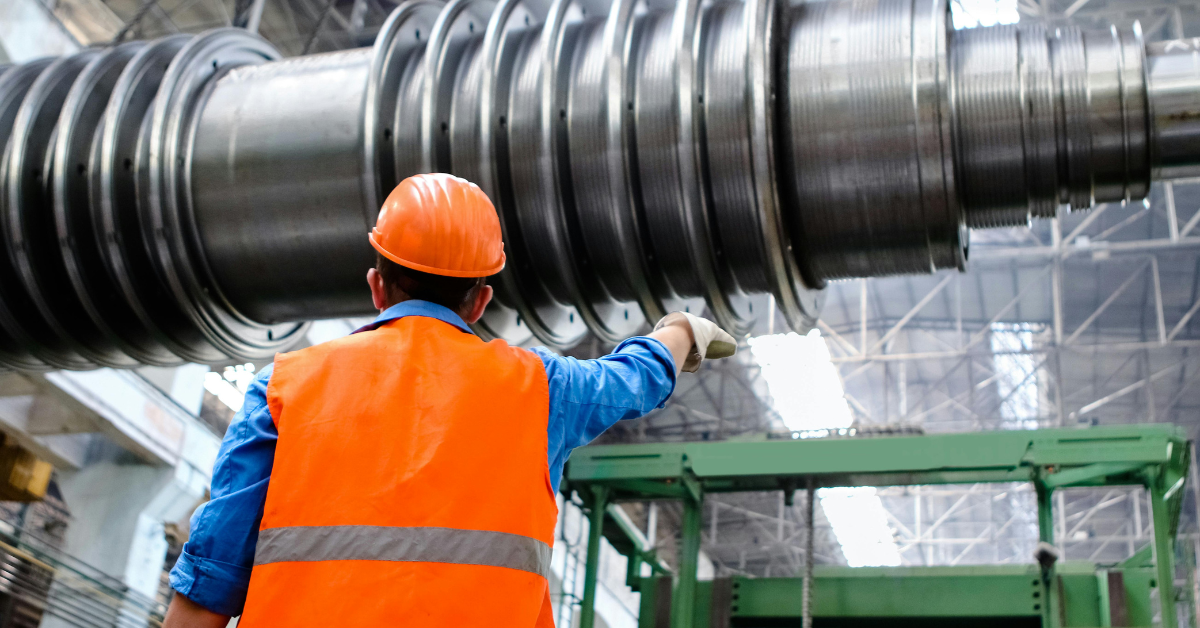Should You Completely Decommission Your Office Space or Just Downsize?

If you are loving the work-from-home life, you’re far from alone.
A recent survey by JLL found that 66 percent of workers expect to work in a hybrid remote and in-person model once the pandemic fades. Meanwhile, in a Limeade Institute study of more than 1,000 formerly onsite employees, 100 percent said they were anxious about returning to the office.
And right now, companies are paying attention. Businesses looking to say farewell to a static space have two main options: fully decommission the office and embrace a remote workforce, or downsize to a smaller office and adopt a hybrid model.
If you are torn between the two, here are 10 things to consider when making your decision.
1. Decommissioning provides the most cost-savings.
Though both options will save you significant money on overhead costs, decommissioning is the most cost-efficient. By eliminating your office space altogether, you can remove the costs of rent, utilities, amenities, office supplies, transportation and more from your budget sheet.
2. Downsizing makes it easier to create company camaraderie.
Let’s be real — team building can be difficult over Zoom. If you have a scattered workforce and no in-person office space, you may find it tough to keep your coworkers connected to each other and your company culture. By downsizing to a smaller office, you can maintain an in-person space and the water-cooler chat you can’t quite replicate online.
3. Decommissioning is more environmentally friendly.
On an average year, about a quarter of total greenhouse gas emissions in the United States come from transportation. When some of your employees are still commuting to and from an office, the environmental effects add up quickly. Fully decommissioning your office can have a significant, positive impact on your organization’s carbon footprint.
4. Downsizing makes reliable Internet more accessible.
It is likely that not everyone on your team has access to reliable Internet at home. A hybrid model takes this fact into account, allowing those who don’t have a decent Wi-Fi connection or dedicated office space at home to continue coming into your building for work.
5. Decommissioning creates more productive employees.
A survey by FlexJobs found that 55 percent of remote workers said their productivity increased when working from home. When you examine how that increased productivity may impact your bottom-line, you’ll soon realize that is not a small percentage. Compared to downsizing, decommissioning decreases distractions and increases efficiency.
6. Downsizing may be better for companies needing customer-facing areas.
If you need an office space where clients or customers can swing by, downsizing might be your best option. Having some sort of physical presence ensures that you can always be available for your customers in ways that are more intimate than phone or Zoom calls.
7. Decommissioning attracts a geographically diverse team.
A company that embraces an entirely remote workforce attracts employees from different locations around the country and the world. Geographic diversity is vital for inspiring innovative ideas and ensuring that your team reflects the geographic make-up of your buyers.
8. Downsizing allows for a healthier work-life balance.
For employees working from home, important work-life boundaries may become muddled. When working in an office, commuting clearly signals the start and end of a workday. However, when workers are only commuting from their bedroom to their home office down the hall, they may find themselves working odd hours and burning out more quickly. Downsizing to a smaller office space may be more appealing to your employees who prefer firm distinctions between their work and home lives.
9. Decommissioning may prepare you for a remote future.
Regardless of where you stand on the decommissioning-downsizing debate, it’s no secret that remote work is here to stay. By completely decommissioning your office, it will force your company to think about how to serve employees and customers in new, innovative ways while also readying yourself for the bright future of remote work.
10. Downsizing enhances the flow of communication.
If your company was not born digital, you’ve probably already discovered that the communication systems you have been using for decades no longer apply in a remote environment. By downsizing your office space, you are making it easier to maintain good communication with your employees.
Between decommissioning and downsizing, there’s no wrong decision. But there is a wrong decision between hiring an expert partner to facilitate this transition and going at it alone. The Armstrong Company – Raleigh has the experience, knowledge, people and equipment to make this moving process as stress-free as possible. While our all-star team handles the intricacies of your move, you can focus on maintaining your company’s stability throughout this transition. Call Armstrong – Raleigh today at 919.425.9853.
